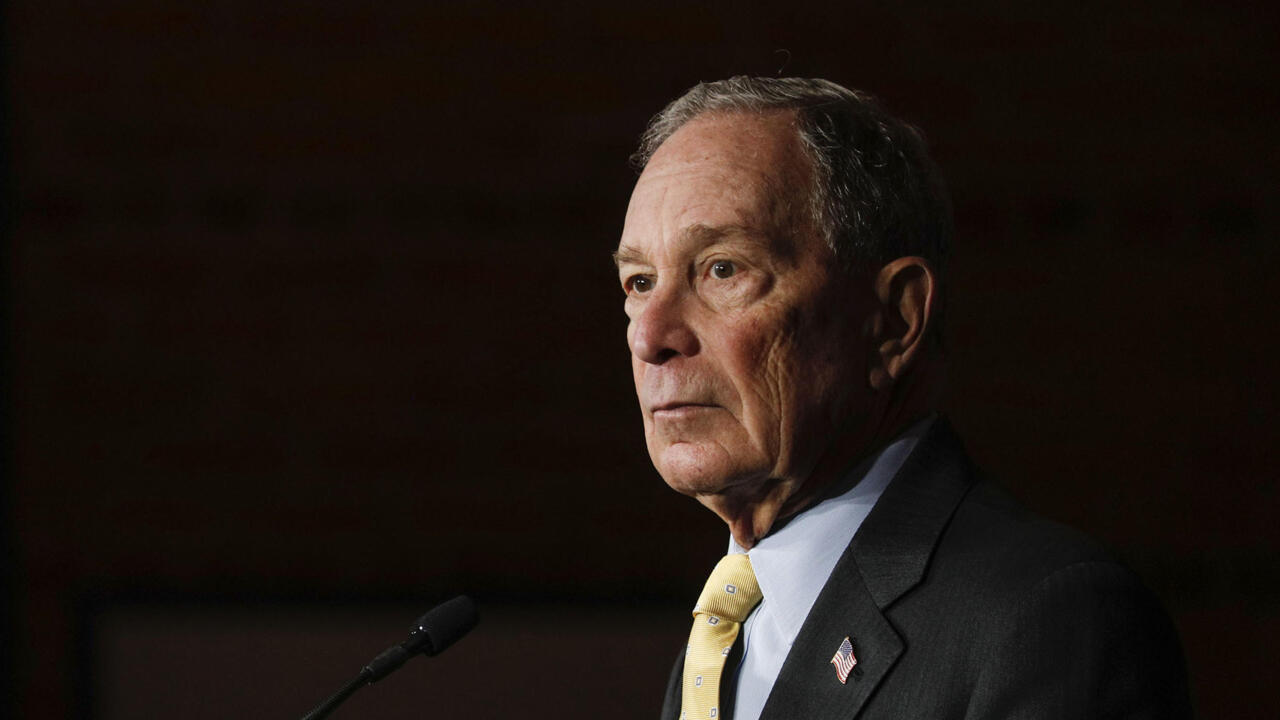Climate Crisis: Bloomberg Steps In Where US Government Pulls Out

In a bold move to combat climate change, billionaire Michael Bloomberg has stepped up to fill a critical funding gap. On Thursday, Bloomberg announced that his philanthropic foundation would provide financial support to the United Nations climate change body, directly responding to President Donald Trump's controversial decision to withdraw the United States from the Paris Agreement.
Bloomberg's intervention comes as a powerful statement of commitment to global environmental efforts, effectively bridging the financial and diplomatic void left by the U.S. government's retreat from international climate cooperation. By pledging support to the UN climate change organization, the former New York City mayor is signaling that private sector leadership can play a crucial role in addressing one of the most pressing global challenges of our time.
The philanthropist's commitment underscores a growing trend of private individuals and organizations taking proactive steps to support environmental initiatives when governmental support wavers. Bloomberg's action not only provides much-needed financial resources but also sends a strong message about the continued importance of global climate action, regardless of political shifts.
